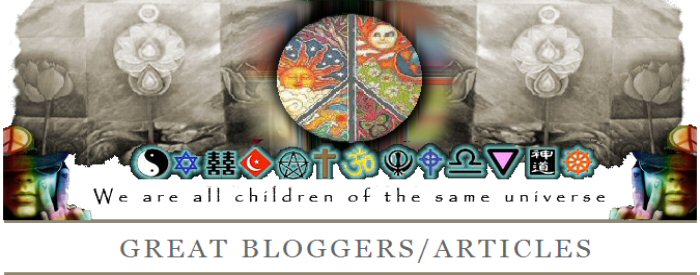
I don’t play hurt!
Excerpt From:
"Why Your Life Sucks and What You Can Do About It"
Now there’s an affirmation to file in a conspicuous place.
I don’t play hurt.
My God, that’s exactly what I’ve been learning for 30 years!
(And how many lifetimes?)
Don’t play small.
Don’t assume a victim position.
Don’t seek rewards for pain.
Be magnificent.
Be self-empowered.
Be whole.
Play grand, for that’s who you --
all of us -- truly are.
Why, if we are all so grand, would people want to play small? Because they believe that the rewards for pain outweigh what they would be receiving if they were well and whole.
Let’s consider some of the rewards we might garnish for being hurt: money; gifts; attention; sympathy; control over others; getting out of work; escaping relationships with unresolved issues; avoiding undesired sex; postponing decision making; being right; an identity; acceptance in a group which glorifies similar pain; and on and on.
Now let’s consider the benefits of not playing hurt: integrity; honesty; health; prosperity; success; rewarding relationships; self-empowerment; and peace of mind. The entire list of worldly rewards for playing small doesn’t add up in value to even one of the benefits of practicing wholeness.

The rewards for victimhood are not satisfying at all; they only drive pain, separateness, and illusion deeper. The benefits of living large are empowering and go on gathering good.
 Consider the scenario of a man walking down a street when a flowerpot falls off a windowsill above him and crashes at his feet, narrowly missing hitting him.
Consider the scenario of a man walking down a street when a flowerpot falls off a windowsill above him and crashes at his feet, narrowly missing hitting him.There are several paths of response the fellow could take:
(1) Victim: he slips into feeling vulnerable, goes home, feels sorry for himself, and sends away for self-protection equipment;
(2) Retaliator: he dashes up to the apartment from which the flower pot fell and punches out the owner;
(3) Stoic: he reasons that it was simply his karma for the flower pot to miss him and he keeps walking; and
(4) Healer: he goes to the florist on the corner, purchases another flower, finds the apartment from which the pot fell, and gives it to the owner to replace the one he accidentally lost.
Obviously, the path of the healer is the most empowering and regenerative. The healer "don’t play hurt." We have all felt hurt. We don’t have to stay hurt. It takes a big person to grow beyond the seeming rewards for smallness. Terry knows. He was bumped unexpectedly, but he would rather get on with the fun portion of the ride.
Alan Cohen is the author of the best-seller:
Why Your Life Sucks and What You Can Do About It,





